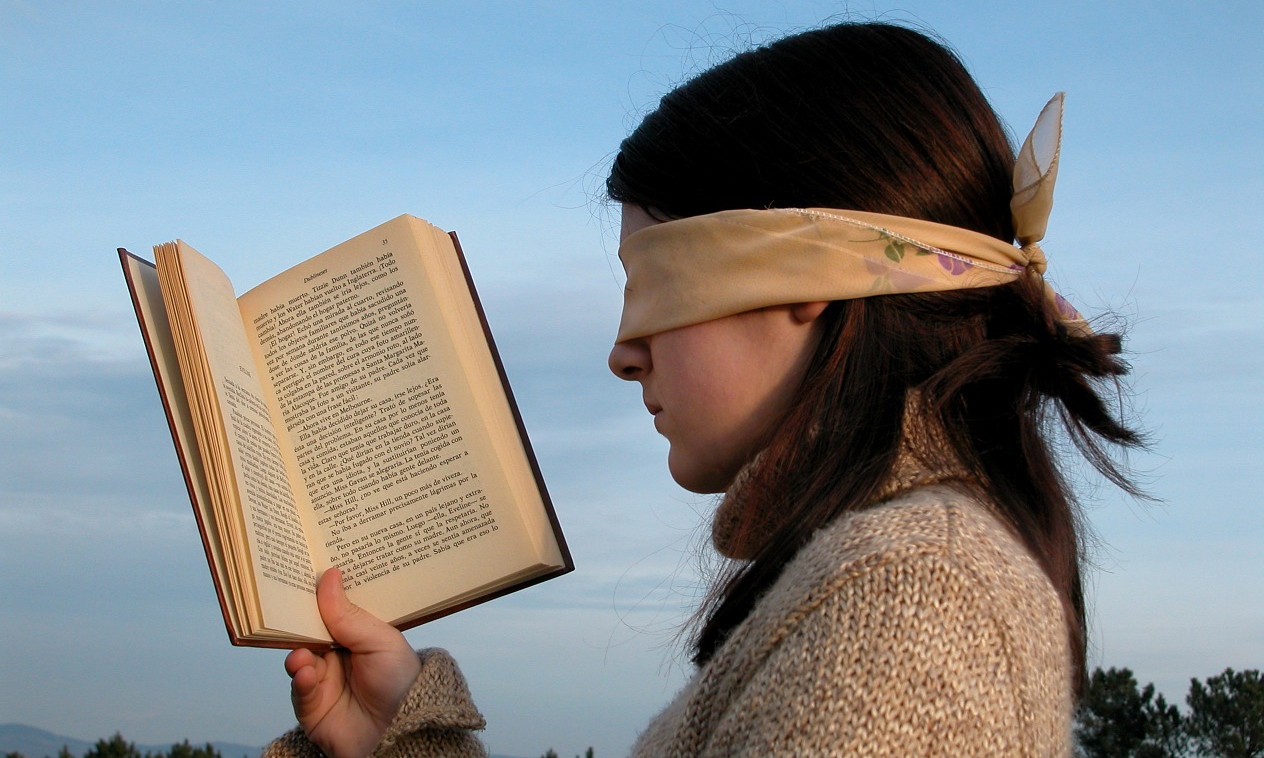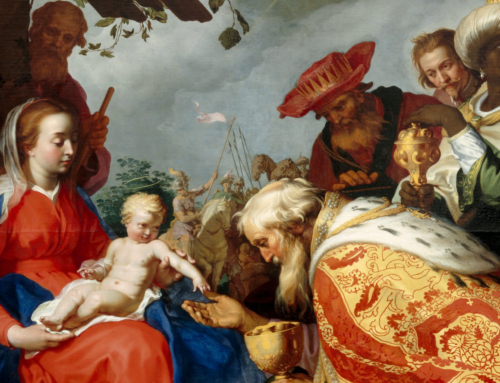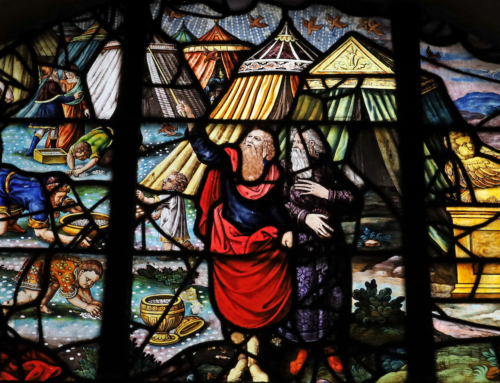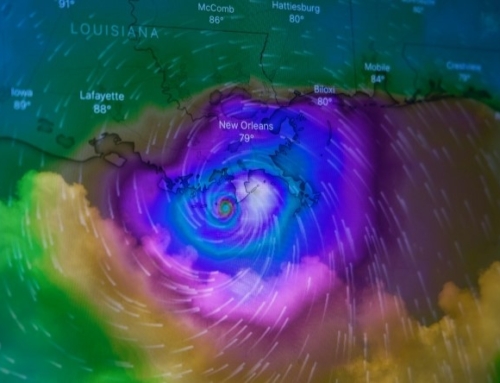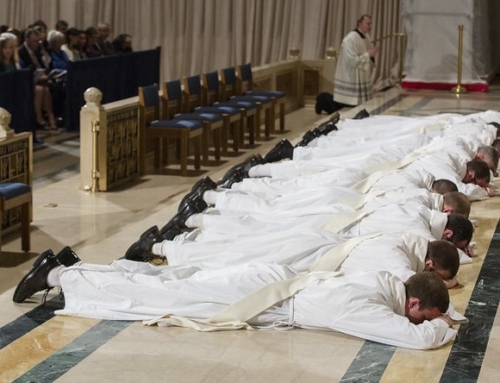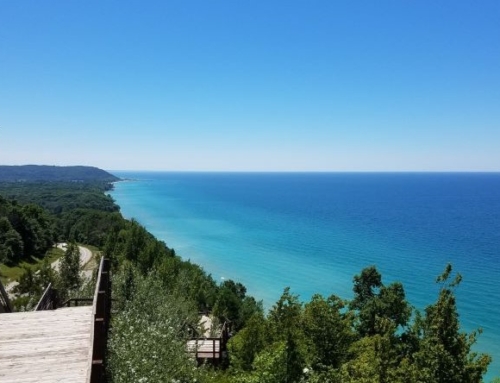If you took a literature class in high school, then you’ve probably read this poem by Robert Frost. It’s called Stopping by Woods on a Snowy Evening, and the first stanza goes like this:
Whose woods these are I think I know.
His house is in the village though;
He will not see me stopping here
To watch his woods fill up with snow.
Sound familiar? If not, then give it a read—it’s short! It’s a poem that almost everyone has come across at some point in their lives. But just because it’s much heard doesn’t mean that it’s much beloved. It’s the kind of poem that often provokes discouraged readers to throw in the metaphorical towel and give up on poetry altogether. “Poetry doesn’t do anything for me,” they say, “I just don’t get the point of it all.”
And that’s understandable. I mean, the poem has probably one of the most boring plots in lyric history. We can learn most of what literally happens in the poem simply by reading the title. There’s a guy who stops by woods on a snowy evening, on a horse. In terms of dramatic conflict, I don’t think they’ll be turning this poem into a Netflix mini-series anytime soon.
In addition to not having much of a plot, the poem also doesn’t seem to have much of a point, either practically or philosophically speaking. There’s not exactly “a moral to the story,” and the poem’s certainly not a recipe of practical advice (“5 Great Ways to Spend Your Winter Solstice!” wouldn’t cut it as an alternative title). As for having a “deeper meaning,” it doesn’t seem to give answers to any of “the big questions,” such as “What’s the point of life?”, “What is man?”, or “Who am I?”.
Seemingly unhelpful, Stopping by Woods leaves many of us readers sympathizing with the second stanza’s confused “little horse [who] must think it queer / To stop without a farmhouse near,” provoking us to ask if there’s some mistake here. Why are we stopping to meditate on this scene that seems so mundane? Did the poet forget to tell us something? What’s the point of it all? What do we get out of it?
If these frustrations with poetry resonate with you, then this is actually a great poem for you to read. The frustrations themselves can show us a few things that poetry isn’t trying to do, and the poem is a good example of how poetry (and ultimately a poetic mindset) can help us to have a healthy (and even holy) soul.
A poem isn’t primarily a stage for drama and excitement, nor is it a pulpit for preaching moral lessons, nor is it a self-help corner for practical advice, nor is it a forum for discussing the various philosophies of life. A poem can be dramatic, moral, practical, and philosophical, but it’s not the point of a poem to possess these aspects.
What is the point of poetry then? In part, it’s this: poetry allows us to be present to something beautiful and real—to let our minds and hearts linger on the beauty and reality of our world. If we want to enjoy a poem, then we need to be open to “wasting time” with something beautiful, we need to be willing to adopt a “poetic mindset.” That doesn’t entail seeing the world through a sentimental lens. Being poetic means taking a rest from the busyness of life, retreating from the dangerous grip of anxiety, and returning from dwelling on the past and future to see what’s present before us.
The more we are present to the beauty in poetry and art, the more we’ll be able to be present to the beauty that we encounter every day: the morning sun on the neighbor’s red slate roof, the familiarity of your father’s voice, the smell of rain on a warm blacktop road, the way the city grows quiet after a snowfall. Frost describes this poetic way of being present to beauty as “a momentary stay against confusion”: a pause in the midst of life’s hectic rush. Our souls need this kind of rest.
If we take another look at Stopping by Woods, we’ll see that that’s what’s happening in the poem. It’s a snapshot of this brief retreat from busyness.
As Christians, this kind of retreat is another step on our journey toward God. I think it’s a necessary step. How can we be present to Beauty Himself, whom we can’t see, if we are unable to be present to the beauty that we can see?
✠
Ahner, Reader

